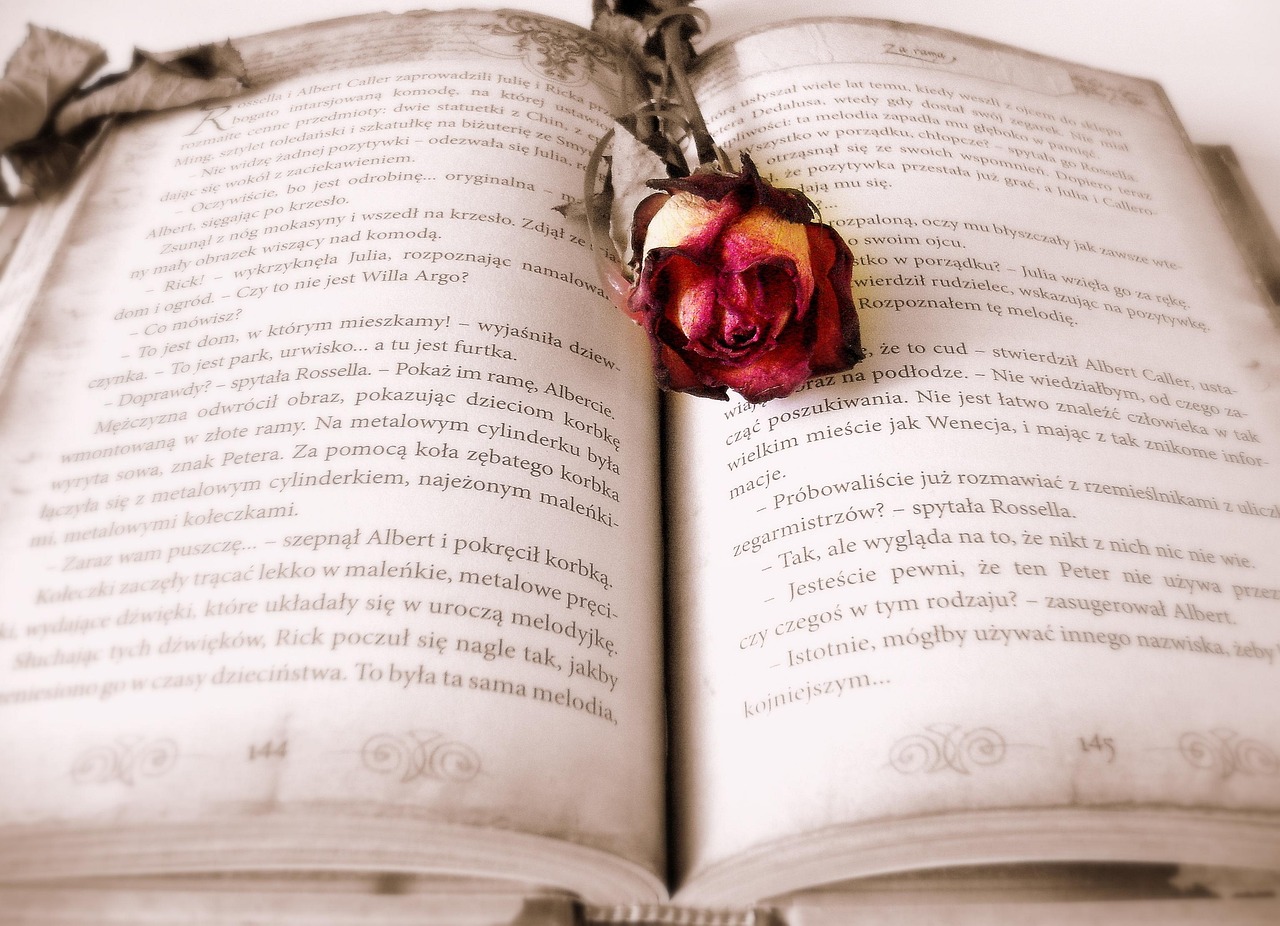Poetry is often mistaken for fantasy, soft language, dreamy metaphors, and abstract feelings. But there’s another side to it. One that’s raw, grounded, and deeply human. It’s where real experiences are put into verse, and life’s hardest truths are told without censorship. This blog dives into the power of honest poetry about real life, showing how authenticity in writing can heal, connect, and reveal the beauty in imperfection.
Honest Poetry about Real Life
Honest poetry about real life breaks down walls between the writer and the reader. Instead of writing to impress, poets write to express. These poems are not always polished, and they often don’t rhyme. But they’re real. They speak about trauma, love, grief, identity, poverty, illness, survival, and resilience without sugarcoating the truth.
When poets allow themselves to be seen without filters, their readers see themselves more clearly too. This honesty is rare in today’s world of curated social media and filtered emotions, but in poetry, truth is still sacred.
The Beauty of Being Unfiltered
In honest poetry about real life, the flaws are the focus. It’s about missed calls, bad days, unpaid bills, broken friendships, and moments of joy that don’t last. These are not the kinds of stories people usually post online, but they’re the ones that resonate most deeply.
Real-life poetry shows us that it’s okay to be messy. It reminds us that even in pain, we are not alone. And in a world that often rewards surface-level perfection, poets like Jenni Bailey choose depth instead.
Jenni Bailey’s Real-Life Lens
Jenni Bailey’s poems offer a powerful lens into everyday experiences shaped by disability, race, and womanhood. She writes about her reality as a Black woman with cerebral palsy, not as an abstract symbol, but as a living, breathing human being navigating the world. Her work is a masterclass in honest poetry about real life because she never hides her truth.
Her verses explore topics like body image, relationships, and emotional exhaustion without fear or shame. She doesn’t try to inspire; she tries to tell the truth. And that’s what makes her poetry so inspiring.
Why Readers Crave Realness
We live in a time when people are bombarded by filtered versions of reality. From social feeds to polished influencers, we’re constantly told to “look happy” and “stay positive.” But people are craving something real. That’s where honest poetry about real life becomes essential.
It gives readers permission to feel. It lets them know that not every day is perfect, and that’s okay. When someone reads a poem that mirrors their own silent thoughts or struggles, it can be life-changing. It says, “You’re not the only one.” And that kind of connection is what makes poetry so powerful.
Writing Your Truth
Writing honest poetry about real life doesn’t require fancy vocabulary or poetic training. All it requires is courage. Here are some tips for writing your truth into poems:
- Don’t write for applause, write for release. Be real, even if it’s ugly.
- Start with your day. What hurt you? What made you smile? What did you hide?
- Use your own voice. Forget about sounding like a poet. Sound like yourself.
- Don’t edit your emotions. Say what you need to say, even if it’s not pretty.
- Revisit old wounds carefully. Writing is healing, but it can also open feelings, go gently.
Writing honestly can be uncomfortable, but it’s also freeing. The more truthful your poetry, the more powerful your voice becomes.
The Power of Relatability
The most powerful poems aren’t always the most complex, they’re the most relatable. Honest poetry about real life reaches into people’s everyday experiences. A simple line about heartbreak can stay with someone for years. A verse about failure can lift someone out of self-doubt.
When poets stop trying to sound “deep” and start being real, something incredible happens: people listen. Not because the words are perfect, but because they are true.
Final Thoughts
Honest poetry about real life doesn’t just describe the world, it connects us through shared experience. It validates emotions we’re taught to hide. It brings healing by naming pain. It brings comfort by sharing stories that feel like our own.
In a world where it’s easy to pretend, poetry dares to be honest. And in that honesty, there’s hope.
Whether you’re a writer or a reader, there’s something sacred in seeing real life reflected in poetry. And when we write our truth, we not only heal ourselves, we help others heal too.


